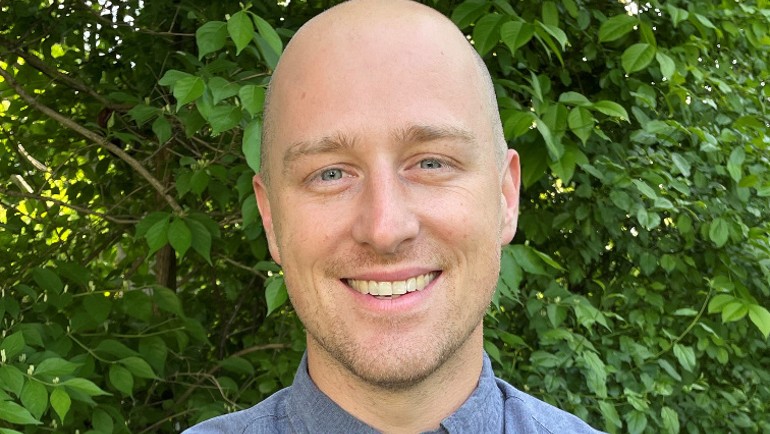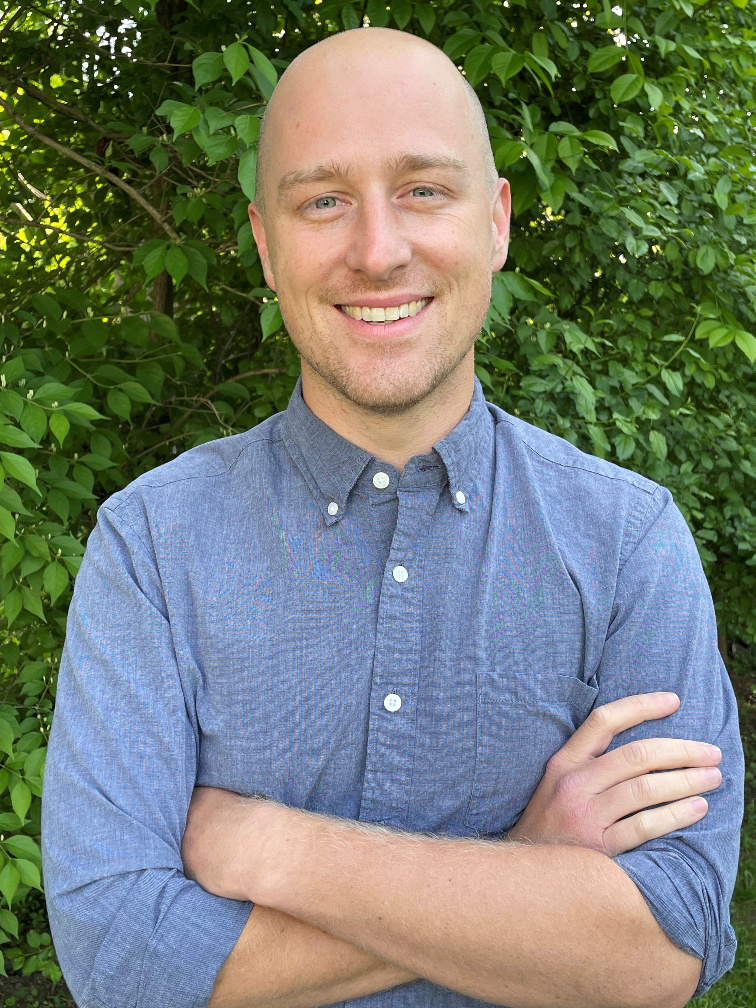

Alex Boesch has been named Wayne State University’s intercultural training director. In his role, Boesch will lead the Office of Diversity and Inclusion’s work to develop, implement and evaluate activities that enhance awareness, understanding and integration of diversity, equity, inclusion and intercultural competencies among faculty and staff.
Boesch will work primarily with faculty and staff partnering across campus to create opportunities for reflection, dialogue and action related to a variety of inclusive practices including inclusive leadership, implicit bias education, intergroup dialogues and intercultural competency. Boesch is also an Intercultural Development Inventory (IDI) qualified administrator. In addition to his work with faculty and staff, he will collaborate closely with the Office for Multicultural Student Engagement to support its engagement work around student equity, inclusivity and belongingness.
Intercultural competency, or the ability to shift perspective and adapt behavior across cultures, is developed over time through awareness, empathy and curiosity, among other social skills. First drawn to intercultural work after seeing faculty and staff efforts to make him and his fellow undergraduates feel welcomed on campus at Loyola University in Chicago, Boesch believes educational institutions are a natural place for such growth.
“Colleges provide so many spaces for us to engage across cultures — and in an environment where many are consciously seeking self-growth and improvement,” Boesch said. “We can, and should, provide opportunities for people to have meaningful interactions where we can learn and grow together as individuals and as a community.”
Boesch comes to WSU following a decade of higher education leadership committed to helping campuses provide welcoming, open spaces for students, faculty and staff to engage and grow individually and together as a community. He most recently worked at the University of Michigan in the Division of Student Life, where he oversaw the creation and enhancement of inclusive residential communities. Boesch has also worked at the University of Vermont, where he led DEI and restorative practices workshops, served on a presidential committee for inclusive excellence, implemented affinity learning groups, and led racial justice retreats. He said he was drawn to WSU because of the deep care for students he sensed during the interview process and the campus’ racial and ethnic diversity.
Grounded in a deep appreciation and understanding of restorative practices, Boesch is committed to helping people and communities build healthy, respectful relationships where all members feel welcomed.
“When we have a relationship or a connection with someone, we’re more likely to eliminate harmful behaviors, and to be able to repair and restore a relationship if it’s been damaged,” Boesch said. “Intercultural competency comes first from a place of self-awareness, and an understanding and appreciation of how we engage with others to build more inclusive communities. I am excited to do this important work at WSU.”
Boesch is currently a doctoral student in Eastern Michigan University’s educational leadership Ph.D. program, where his work focuses on inclusive supervision practices and how multicultural organizations develop. He holds a master of education from the University of Vermont and a bachelor of science from Loyola University Chicago.
Boesch encourages faculty and staff to be on the lookout for learning and development offerings coming soon. To learn more about the Office for Diversity and Inclusion, visit wayne.edu/diversity.
